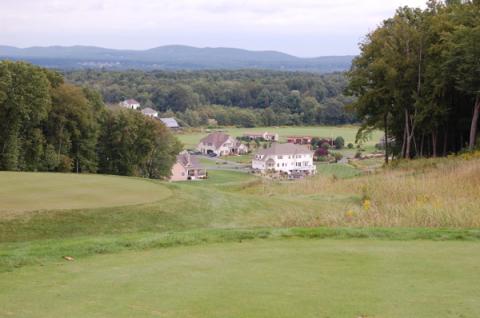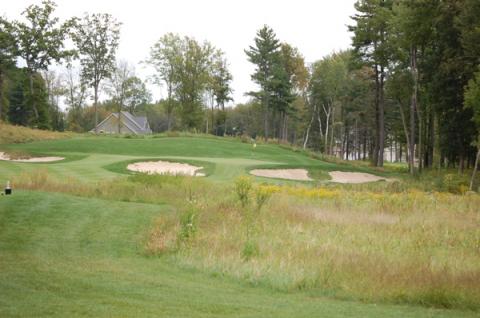I was insulted by the announcement because, even if I could afford to buy a home in a Cliffs golf community and pay the $150,000 initiation fee, I would not be able to play Tiger's course. My days of 4 ½ mile walks are over, as I suspect they are for many who otherwise can afford the Cliffs' high price tags.
Well, the issue appears moot now. Local scuttlebutt is that the Cliffs and Tiger have abandoned the "walking only" policy. Cliffs advertisements now refer to the course as "walkable," a far cry from the initial announcement of no motorized carts. Perhaps Tiger's knee problems and the realization that, at least for a while, he could not walk his own course, brought him and The Cliffs down to earth.
Speaking of not down to earth, marketing copy for The Cliffs and most other high-end communities is typically as lofty as the surrounding mountains, but the words they attribute to Tiger, and his apparent sign-off, is unbecoming of an alumnus of Stanford, one of the best universities in the nation. We'll give Tiger a pass on the word "walkable," which my grammar checker doesn't like but which has probably reached the status of common use. But twice at The Cliffs web site, Tiger's comments about his course employ the use of the term "very unique," as if there are degrees of uniqueness. (Tiger himself is unique, not very unique or somewhat unique or kinda unique.) Ugh.
The Cliffs, which in a bad year spends many millions of dollars on advertising and marketing, could stand to invest in a proofreader.


























